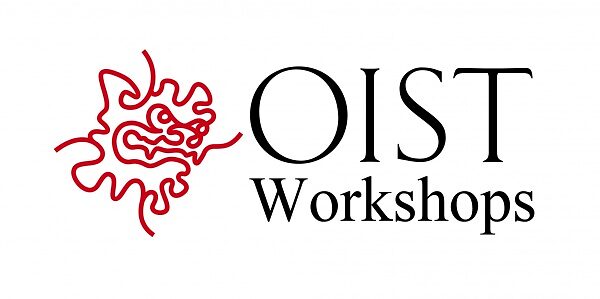Physically-based modeling of polyatomic gases and phase transitions

Date
Location
Description
Summary
The primary aims of this workshop are to expose students to contemporary approaches to modeling the dynamics of polyatomic gases and phase transitions. These topics are unified by the need for nonclassical theoretical frameworks. For polyatomic gases, extended thermodynamics provides a natural and highly useful framework that leads to hyperbolic systems of evolution equations. However, it leads also to nonclassical problems involving sonic and shock waves that may require the provision of additional selection criteria. For phase transitions, additional selection criteria are also needed. These take the form of physical information governing nucleation and the kinetics by which each phase grows at the expense of the other. In the absence of these criteria, the governing evolution equations are may change type from hyperbolic to elliptic and are indeterminate in the sense that they allow for a massive loss of uniqueness to solutions of initialboundary-value problems. With these criteria, changes of type are avoided and solutions to the evolution equations effectively maintain hyperbolicity. The theory of configurational forces provides a unifying framework for understanding processes involving interfaces, including not only phase interfaces but also certain types of shock waves, that propagate through media and for deriving physically meaningful selection criteria. Phase-field methods provide regularizations that form the foundation for increasingly popular techniques for generating numerical solutions to problems involving propagating interfaces.
Students who enroll in this course will gain exposure to theoretical, analytical, and numerical methods for problems involving polyatomic gases and phase transitions. Aside from carefully constructed lectures on extended thermodynamics, hyperbolic systems, phase transition kinetics, configurational forces, and phase-field methods, they will participate in hands-on tutorial sessions where they will have opportunities to ask questions about material presented lectures and where salient problems will be solved in detail. Tutorial sessions will also include exposure to numerical methods and software designed for the solution of problems involving propagating interfaces.
A course covering these topics has never been offered previously and will therefore be completely unique.
For more detailed information, please visit the workshop website
OIST is deeply committed to the advancement of women in science, in Japan and worldwide. Women are strongly encouraged to apply.
Website URL
Application Deadline
Subscribe to the OIST Calendar: Right-click to download, then open in your calendar application.



